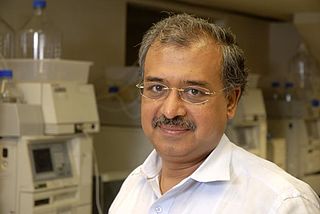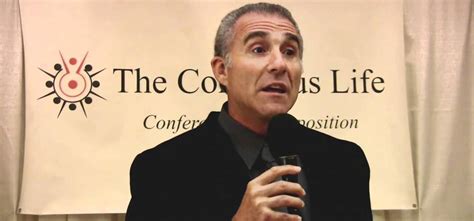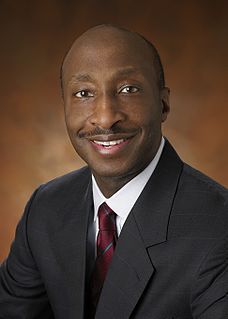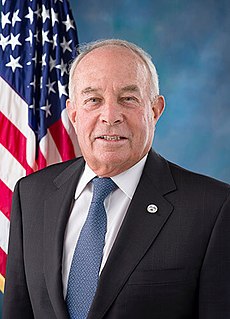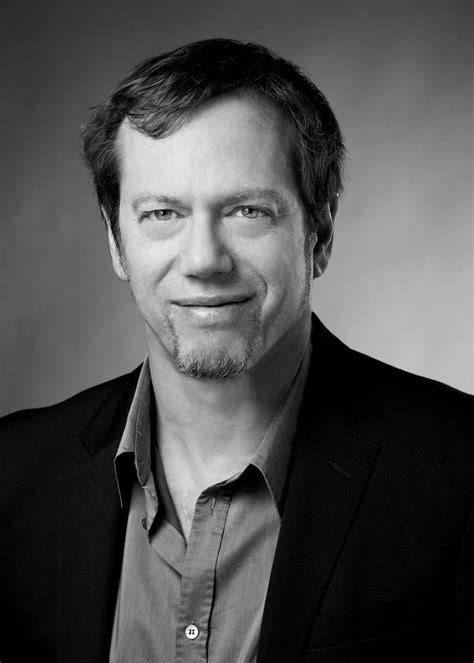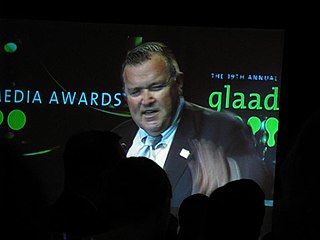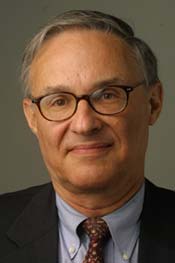Top 175 Pharmaceutical Quotes & Sayings
Explore popular Pharmaceutical quotes.
Last updated on December 3, 2024.
It's easy to complain that pharmaceutical companies place profits over people and apparently care more about hair loss than TB. However, many in the pharmaceutical industry would be glad for the opportunity to reorient their research toward medicines that are truly needed, provided only that such research is financially sustainable.
You can think of the Health Impact Fund as a mechanism that would keep the benefits and burdens of pharmaceutical innovation for the affluent roughly as they are while massively reducing the burdens presently imposed upon the poor. This sounds like magic. But it really works because the current system is not Pareto efficient. It's a system that generates hundreds of billions of dollars in litigation costs and deadweight losses that HIF-registered medicines would sidestep. By avoiding these losses, the HIF reform can bring improvements all around - including for pharmaceutical innovators.
Since the 1920s, virtually all continuing medical and public health education is funded by pharmaceutical companies. In fact, today, the FDA can't even tell health scientists the truth about vaccine contaminants and their likely effects. The agency is bound and gagged by proprietary laws and non-disclosure agreements forced upon them by the pharmaceutical industry. Let us not forget that the pharmaceutical industry, as a special interest group, is the number one contributor to politicians on Capital Hill.
These pharmaceutical company executives are dope dealers and they should be treated worse, and more roughly than dope dealers. When you're talking about millionaire and billionaire executives at pharmaceutical companies, these are people with something to lose if threatened with jail. Frog-march them out of their door in suburbia, handcuffed and surrounded by DEA officers, with their children and neighbours watching.
In the last century the practice of medicine has become no more than an adjunct to the pharmaceutical industry and the other aspects of the huge, powerful and immensely profitable health care industry. Medicine is no longer an independent profession. Doctors have become nothing more than a link connecting the pharmaceutical industry to the consumer.



















